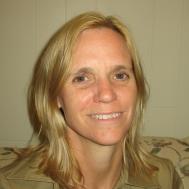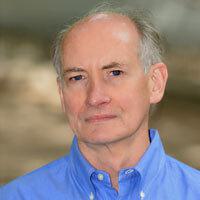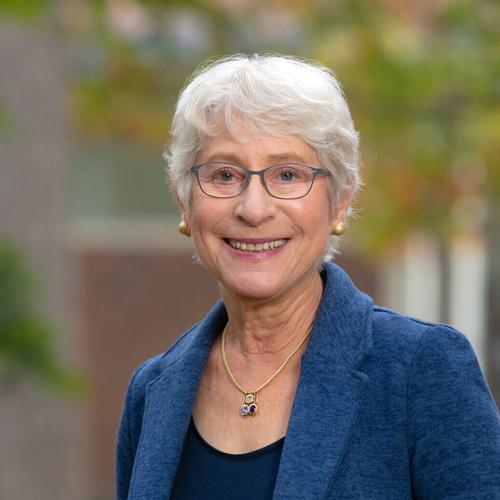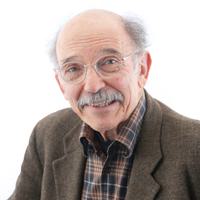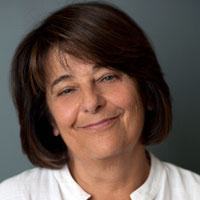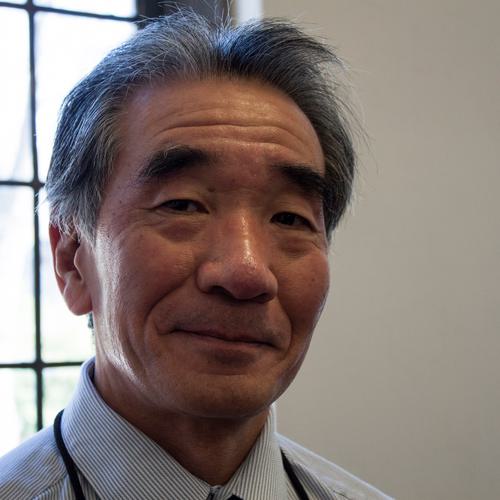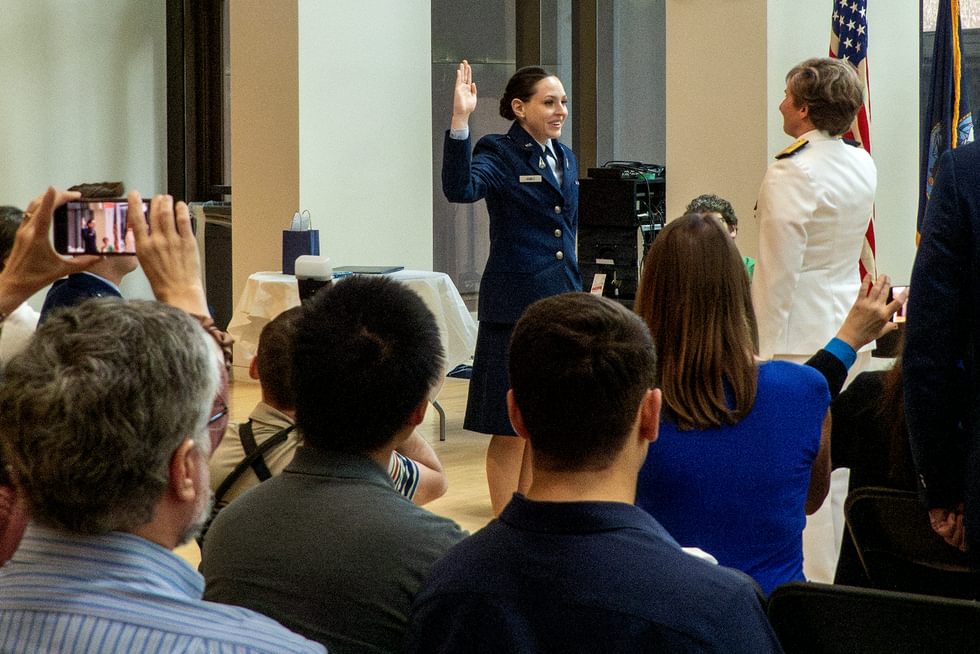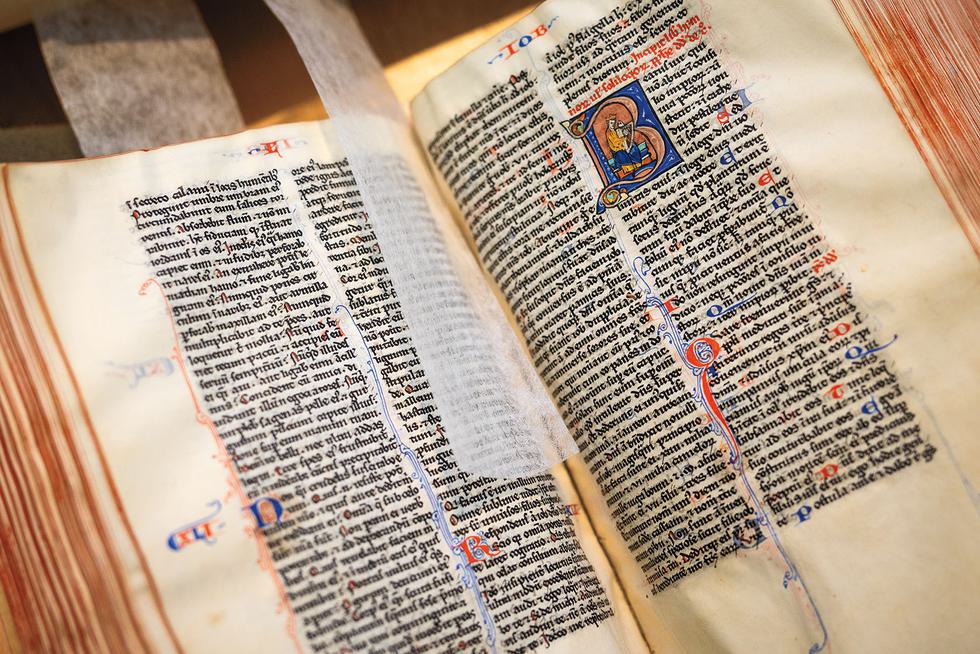History
Academic Department Introduction
Courses in the History Department cover almost every region and era of the human past. Students learn to think in broadly humanistic ways about subjects such as government, war, culture, race, and economics. In gaining historical knowledge, students understand societal developments and contradictions as part of long processes with deep-rooted origins. Our faculty study and teach a wide range of subjects. What unites our work is a rigorous shared methodology. We closely analyze primary sources, engage in dialogue with existing scholarship, and share our findings and ideas in a variety of media, including scholarly journals, academic conference papers, public lectures, and podcasts.
Learning goals
- Understand the process of change over time.
- Demonstrate familiarity with the histories of a range of cultures and chronological periods.
- Gain specialized knowledge about selected regions or about problems that span various cultures and times.
Programs of study
History major and minor
Students recognize the relationship between past and present, especially the differences.
International relations – history major
This interdisciplinary field examines global interactions, past and present. Students are exposed to a wide range of viewpoints and methodologies in their study of fields such as foreign policy, war, security, international political economy, development, and human rights.
Course highlights
China, Japan, and Korea in Comparative and Global Perspectives
HIST274
Overview of each political/cultural community and their interactions from ancient times to 1912. Topics from earlier periods include ancient mytho-histories and archaeological records, the rise of China's Han and Tang empires, selective adaptations of Chinese patterns by indigenous polities and societies in Korea and Japan, commercial and technological revolution in China and its international impact, Mongol "globalization," Japan in the age of the samurai, and Korea in the heyday of the yangban. Topics from later periods include the growth of international trade in East Asia and early modern developments in Ming-Qing China, Tokugawa Japan, and Late Joseon Korea. Coverage extends through the first decade of the twentieth century to examine Europe's expansion and the divergent trajectories of modern transformation in each society.
-
Dictatorship, Authoritarianism and Transition to Democracy in Spain and Latin America
HIST218
In the twentieth century, democracies in Spain and Latin America fell under the authoritarian boot of dictatorial rule. In the 1930s a democratic republican government in Spain led to a devastating civil war and to the long dictatorship of Francisco Franco (1939-1975). In Latin America, strong democracies fell to authoritarian rule in Brazil (1964-1985), Chile (1973-1989), and Argentina (1976-1980). By examining the social, political and cultural conditions that led to these dictatorial regimes, this course considers how political ideologies, parties and their agendas aided their rise; the role of Catholicism, the Catholic Church, foreign intervention, and social movements in their rise, consolidation, ultimate end, and resistance to such regimes; the challenges and conditions of their post-dictatorial transitions back to democracy and the lessons for democratic rule more generally. -
Seminar: Legacies of Conquest: Empires in Chinese and World History
HIST371
This course introduces in-depth study of powerful empires and their legacies. We focus on Qing-era China (1644-1912) asking how its leaders built China’s most expansive, durable, and ethnically diverse empire. We then consider the still incomplete efforts to reconfigure the empire as a Chinese nation, a process challenged by Tibetan, Uyghur, and Hong Kong citizens. Topics include institutions for segregating and representing diverse communities; the role of international commerce and technologies; the challenges of modern nationalism and European colonialism; methods for envisioning a new, multiethnic China led by a Han majority; and ways that Hong Kong, Islam, and Tibetan Buddhism are perceived as challenges. Readings in Ottoman, American, and South Asian history bring comparative perspectives and prepare students for research on world regions of their choice.
Research highlights
-

Professor Guy M. Rogers’ book For the Freedom of Zion: The Great Revolt of Jews against Romans, 66–74 CE (Yale University Press, 2022) was named an outstanding academic title in 2022 by Choice.
-
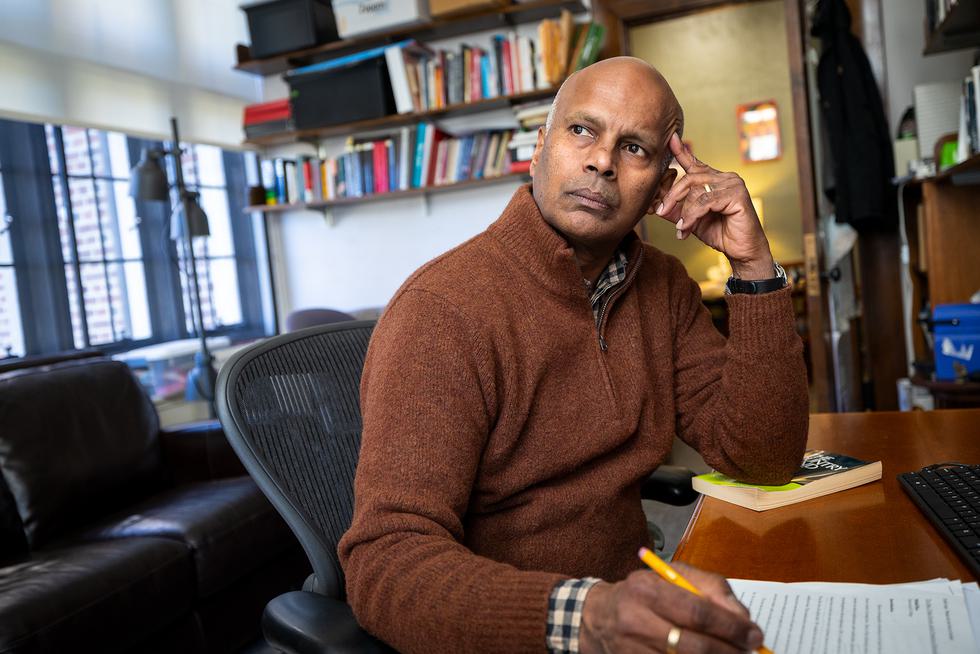
In 2023, Professor Nikhil Rao was on sabbatical in Mumbai, India, as a senior research fellow of the American Institute of Indian Studies. He was researching his new book project, which focuses on the enterprise of cooperative housing in post-independence Bombay and the implications of this enterprise for notions of property and urban citizenship.
Beyond Wellesley
Beyond Wellesley
The study of history provides excellent preparation for a wide range of careers. Many of our graduates work in journalism, publishing, law, business, finance, and education.
Recent Employers


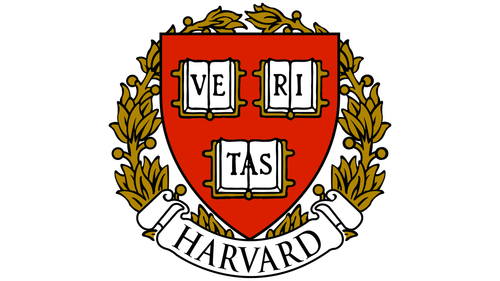



For more
Published annually, our department newsletter features recent or upcoming classes, students’ first-hand accounts of summer internship experiences, interviews with faculty and alums, and more.
Our newsletter
Published each May, the History Department's annual newsletter describes the past year's new courses, department events, and news about faculty, students, and alumnae.
106 Central Street
Wellesley, MA 02481







